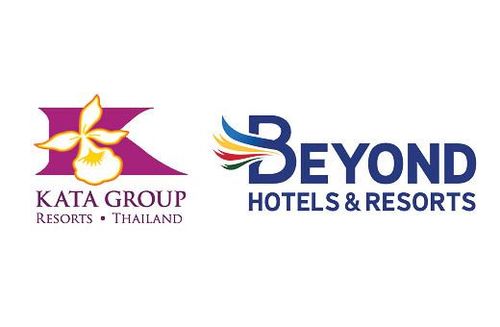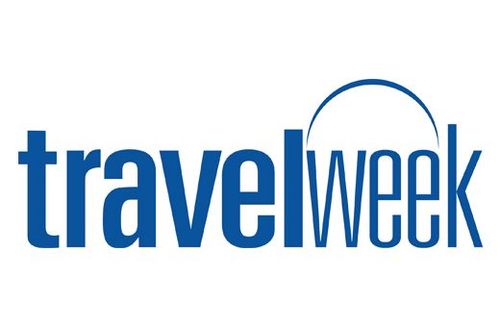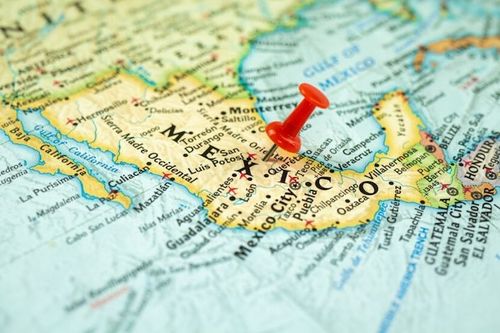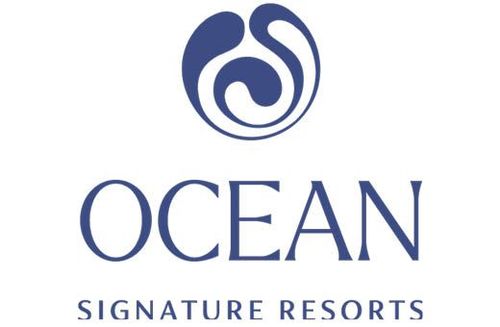Where travel agents earn, learn and save!
News / Online travel market set to reach $765.3 billion by 2025, with COVID-19 accelerating digitization, says GlobalData
According to GlobalData’s latest survey, 24% of consumers used an online travel agent (OTA) the last time they booked a holiday

COVID-19 has accelerated the need for companies within the travel and tourism industry to rapidly invest in digital strategies including the global online travel market which is expected to grow at a compound annual growth rate (CAGR) of 8% to reach $765.3 billion between 2022 and 2025, according to GlobalData. The leading data and analytics company notes that due to more consumers shifting to e-commerce, if players fail to invest in a robust digital strategy, they will allow their competitors to take a greater share of the market.
GlobalData’s latest thematic report, ‘Thematic Research: Online Travel (2022)’, reveals that intermediaries are increasingly shifting from a high street presence towards an asset-light, online-only operation to meet changes in consumer demand and keep operating costs low. The pandemic has heightened the need to reduce physical contact and as a result consumer behaviour has changed with customers now more likely to carry out their transactions online. This trend was confirmed in a recent GlobalData survey*, with 78% of consumers reporting to be ‘extremely’, ‘quite’ or ‘slightly’ concerned about visiting shops because of the COVID-19 risk.
Hannah Free, Travel and Tourism Analyst at GlobalData, comments: “Due to the changing needs and demands of the modern traveller, travel intermediation has evolved from traditional high street stores with in-person travel agents to a highly fragmented online marketplace.”
According to GlobalData’s latest survey*, 24% of consumers used an online travel agent (OTA) the last time they booked a holiday, with just 7% of consumers using an in-store face-to-face travel agent.

COVID-19 decimated the tourism industry in 2020 as travel came to a virtual standstill bringing the global online travel market value down 60.1% YoY to $236.7 billion. The pandemic hit businesses hard, interrupting operations, inducing low consumer demand, and creating additional costs, however many companies made use of these unique circumstances to accelerate their digital transformation. Leaders implemented customer-oriented technological solutions that tackled the challenges presented by COVID-19, such as reducing physical customer interactions.
Free concludes: “These solutions will better ensure survival in the post-pandemic recovery period. Perhaps the distinguishing feature of leading online travel companies is the integration and use of the latest technologies, to the extent that some travel brands such as Airbnb and Trip.com refer to themselves primarily as technology companies. With this, personalization, big data, travel apps, artificial intelligence, and machine learning play a major role in online travel companies’ strategies, with leading players investing heavily in these areas to meet evolving consumer needs.”
*GlobalData Q4 2021 Consumer Survey










